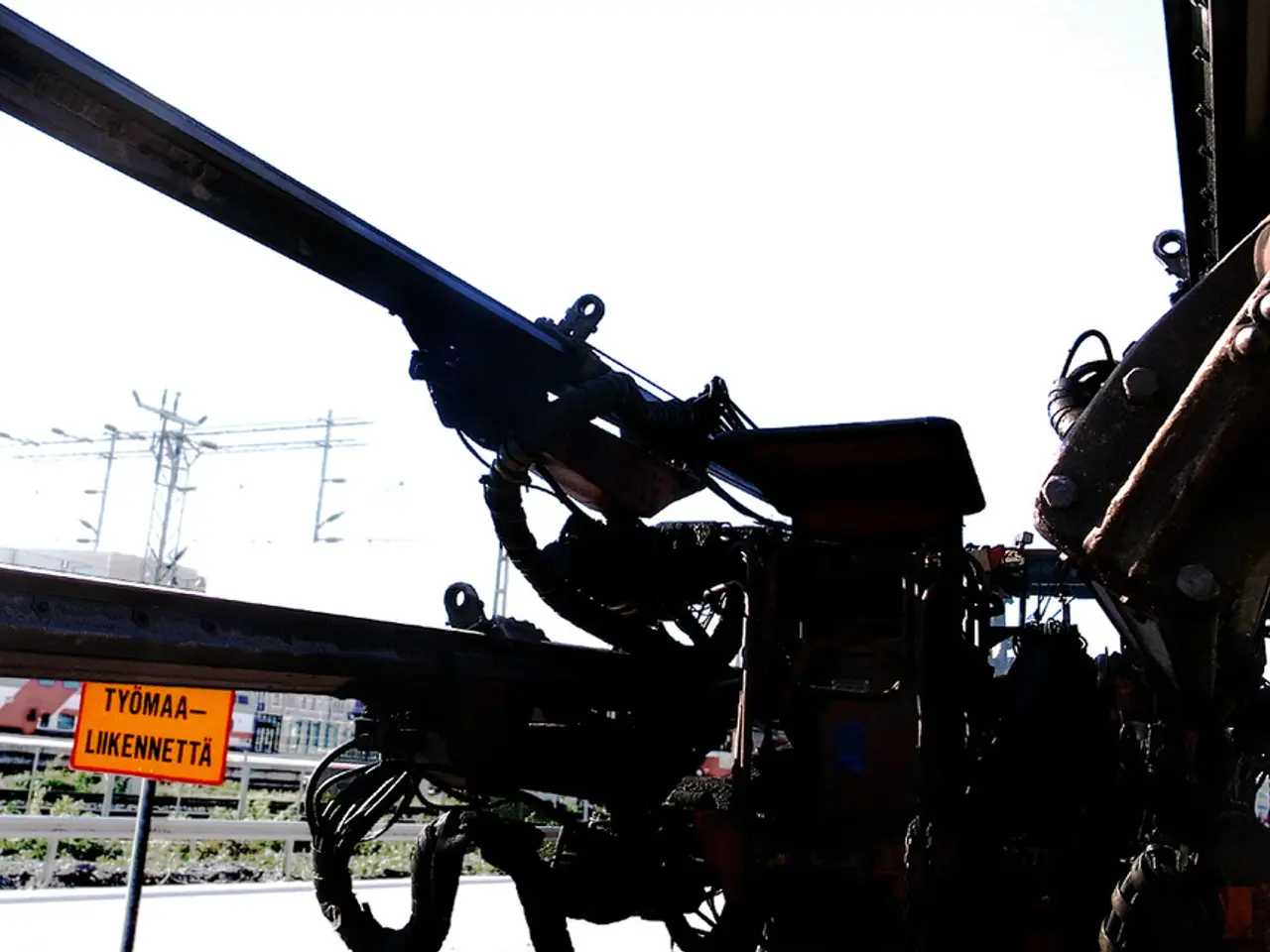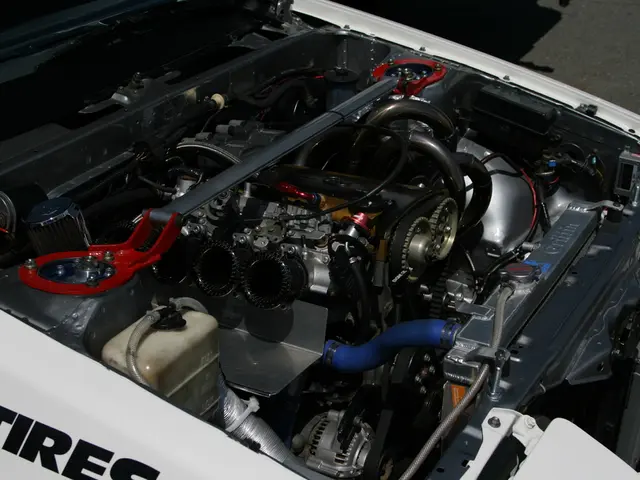Unveiling Tomorrow: Progressive Technologies Shaping Industrial Parts Industry
In today's rapidly evolving world, industries are embracing innovative technologies to boost productivity, minimise waste, and contribute to a more sustainable future.
One such technology is the Internet of Things (IoT), which is revolutionising manufacturing processes. By embedding sensors for real-time data sharing, IoT systems create a feedback loop for seamless collaboration among teams and key stakeholders. This instant communication allows for instant adjustments on the production line, boosting productivity and minimising downtime.
The IoT is not the only innovation transforming the industrial landscape. Robots, once thought of as mere assembly line workers, are now collaborating with humans to improve efficiency, reduce errors, and expedite production processes. Advancements in artificial intelligence enable these robots to learn and adapt rapidly, making them invaluable partners in the modern factory.
3D printing, once a tool for prototyping, has evolved into a mainstream production method. It fosters a culture of experimentation and adaptability, essential in our fast-paced world demanding rapid innovation. 3D printing enables the creation of intricate structures not previously possible with traditional manufacturing, reducing material waste and lowering energy consumption. This technology has disrupted traditional practices, particularly in industries such as automotive, aerospace, and industrial machinery.
Sustainability is no longer a trend but a commitment to ensuring progress benefits both businesses and the planet. Implementing circular economy models aims to minimise waste generation, while the use of renewable energy sources in production processes is a growing trend. Companies embracing sustainable technologies can bolster their reputations, cultivate relationships with eco-conscious consumers, and set a positive example for future generations.
Moreover, automation of hazardous tasks contributes to increased safety in industrial work environments. Precise and consistent work through automation boosts productivity, and improved resource allocation is possible through detailed analytics provided by IoT systems. Real-time monitoring enhances decision-making capabilities, and predictive maintenance with IoT helps avoid expensive breakdowns.
Notable companies like those using large-scale 3D Printer Farms are already employing 3D printing in mass production. These farms produce functional end parts and prototypes with high precision and materials like metals and reinforced composites. The automotive and aerospace sectors are particularly influenced by this technology due to its ability to create lightweight, complex parts and enable rapid prototyping and production adaptation.
As we delve deeper into the topic, visit Check out this site and check this site out to broaden your understanding. The pursuit of a sustainable industrial future is an exciting journey, and we are just at the beginning.
Read also:
- Indian Oil Corporation's Panipat Refinery secures India's inaugural ISCC CORSIA accreditation for Sustainable Aviation Fuel production
- Ford Bets on an Affordable Electric Pickup Revolution with a $30,000 Design
- Rapid Charging Stations for Electric Vehicles Avoiding Grid Overload
- Volkwagen achieves profitability in electric small vehicles with innovative technology and cost efficiency benefits







